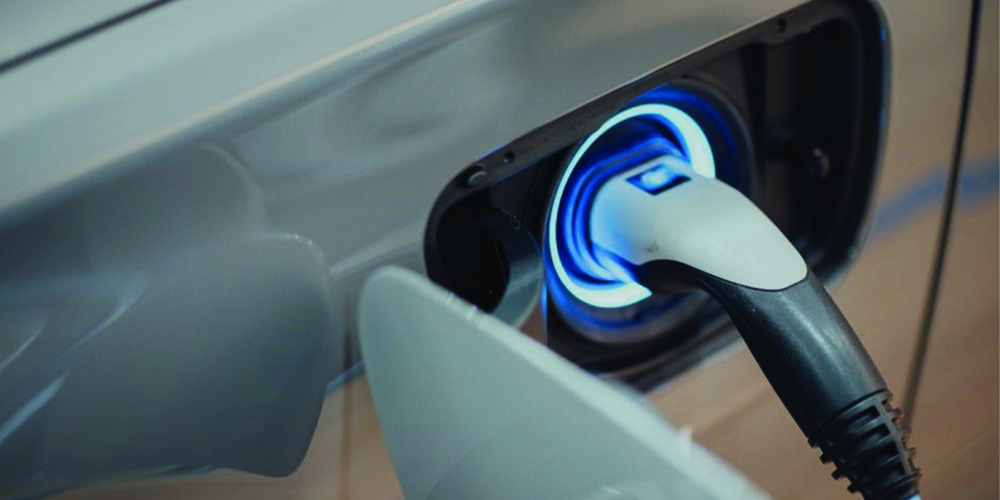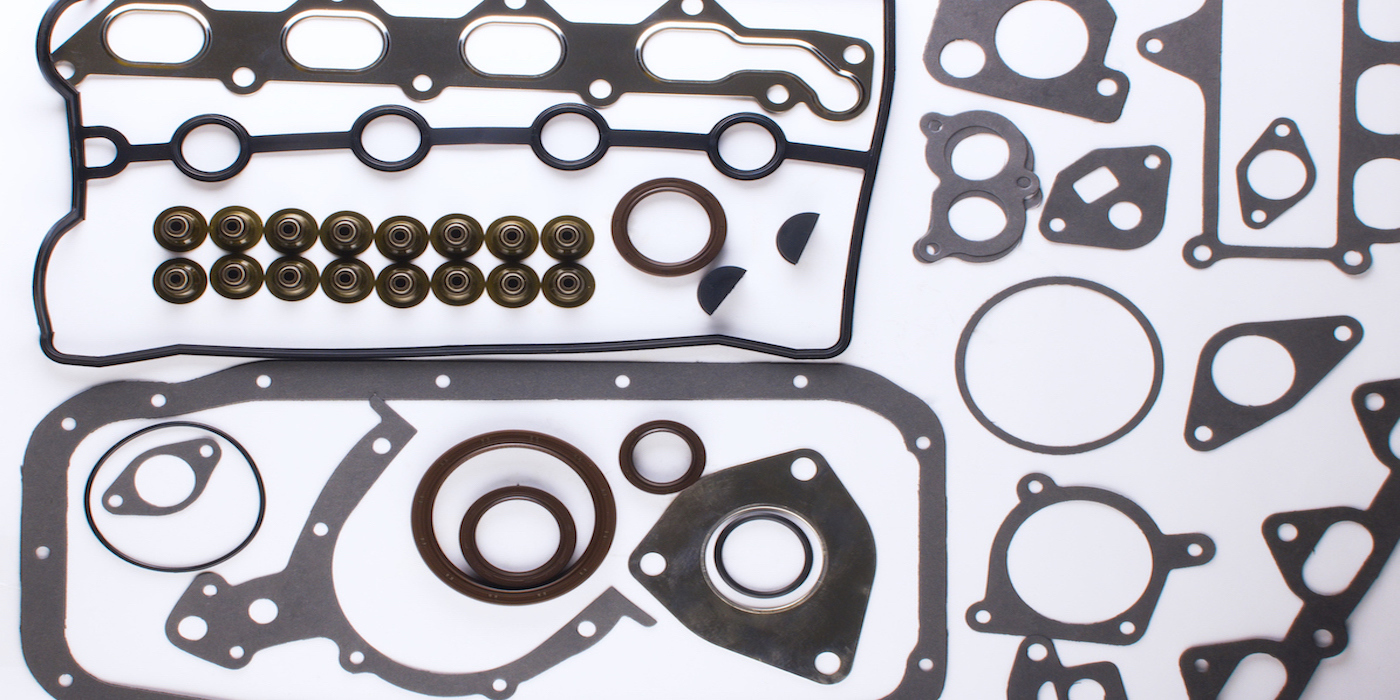Increased Popularity Means More Maintenance Opportunities
Your customers rely on you to repair their imports with great precision and accuracy, within a compressed timeframe (usually the same day!), and provide lasting repairs that both boost vehicle performance and ensure many miles of safe driving.Beyond being their vehicle service provider, customers often rely on you to give them new vehicle recommendations — either for them or other family members. So, you not only need to stay on top of the features, bells and whistles and new technology on late-model vehicles, but it’s also important for you to know which vehicles are no longer going to be produced.
The Specialty Equipment Market Association (SEMA) recently issued a list of 10 vehicles for which 2006 will be the last model year they are produced. Five of them are imports.
Volkswagen Phaeton — Costly; $66,700 for the V8 and $96,600 for the V12. Only 3,300 have been sold in the U.S., since its introduction in 2003.
Porsche GT — $440,000 (that says it right there!); only 1,270 were sold in the 2.5 years it was produced. Production ended in May.
Acura RSX — Low-priced Integra replacement; sales were on the decline since its introduction in 2002.
Mazda MPV — Being replaced by the 2007 Mazda CX-7 and CX-9 crossover SUVs.
Honda Insight — Slow sales; only 55 per month, compared to 9,000 per month for the Toyota Prius. Now the good news. Import models took six of the top 10 spots in a new J.D. Power and Associates vehicle quality study. The Initial Quality Study ratings include two major components — defects that likely required a repair; and design problems such as controls or features that were confusing or hard to use. It was based on 64,000 responses from new car buyers who had their vehicles for 90 days and completed a lengthy questionnaire. Topping the list for the least amount of problems per 100 vehicles were Porsche, Lexus, Hyundai, Toyota, Jaguar and Honda.
So what does this mean to you? Top-ranking vehicles are typically big sellers, which means that there will be more on the road, and more that may find their way to your shop. Even though these vehicles didn’t have quality-related issues that would need to be repaired, they still need preventive maintenance and regular vehicle care. Especially if these discerning customers want their new purchases to retain their top-notch status. Something you are very well trained to do.













